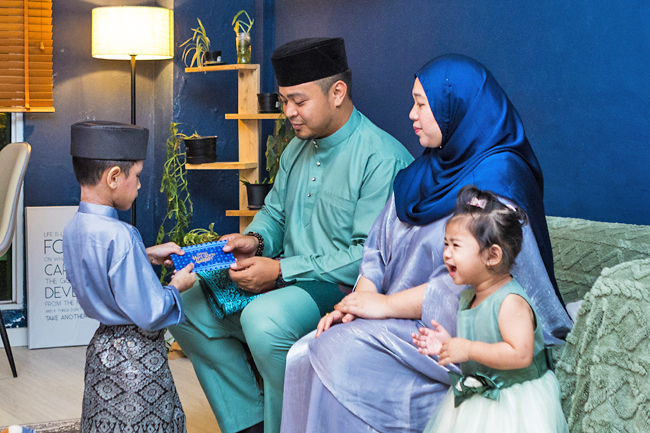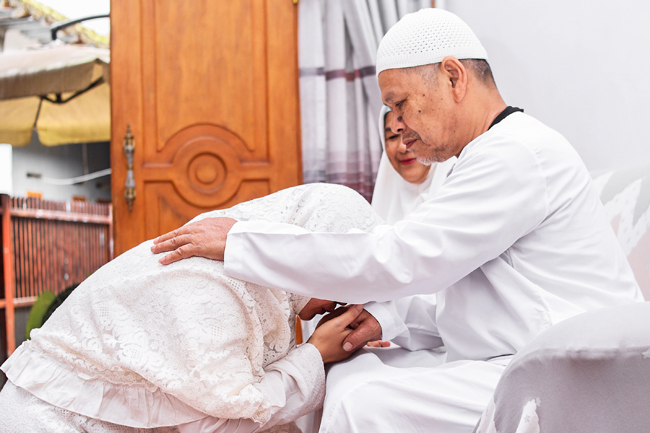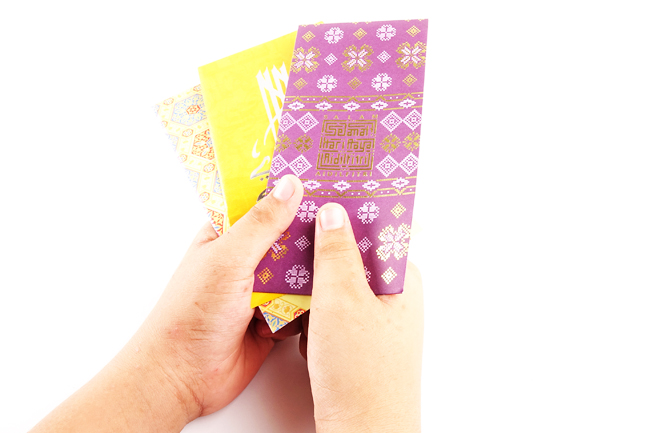The tradition of handing out duit Raya – small packets of money during Hari Raya Aidilfitri – has become a cherished custom among the Malay community, particularly bringing joy to children eagerly anticipating the festive season.
However, from an Islamic perspective, the practice is not a religious requirement. Instead, the faith places greater emphasis on fostering ties, expressing gratitude and extending congratulations to one another for completing a month of fasting.
While the act of giving duit Raya can be seen as a form of sedekah (charitable giving), it should never be treated as an obligation. For some families, especially those facing financial constraints, this well-meaning gesture can turn into a source of unnecessary stress and pressure.
Islam strongly encourages acts of charity, as reflected in Surah Al-Baqarah, verse 261:
“The example of those who spend their wealth in the way of Allah the Almighty is like a seed of grain which grows seven spikes; in each spike is a hundred grains. And Allah the Almighty multiplies (His reward) for whom He wills. And Allah the Almighty is all-Encompassing and Knowing.”
This verse highlights the virtue of giving, but also serves as a reminder that such acts should be within one’s means. Parents and guardians, therefore, play a vital role in reshaping expectations around Raya. They are encouraged to guide their children not to fixate on monetary gifts when visiting relatives, neighbours or friends.
Instead, the spirit of Raya should be instilled as a time for strengthening bonds, exchanging well wishes, and asking for forgiveness. By shifting the focus away from materialism, the celebration can retain its spiritual essence – ushering in Syawal not only with festivity, but also with reflection and faith.
As families come together this Hari Raya, perhaps the greatest gift one can offer is presence, compassion and sincere connection – values that far outweigh any amount of money in a green envelope. – Fadley Faisal





